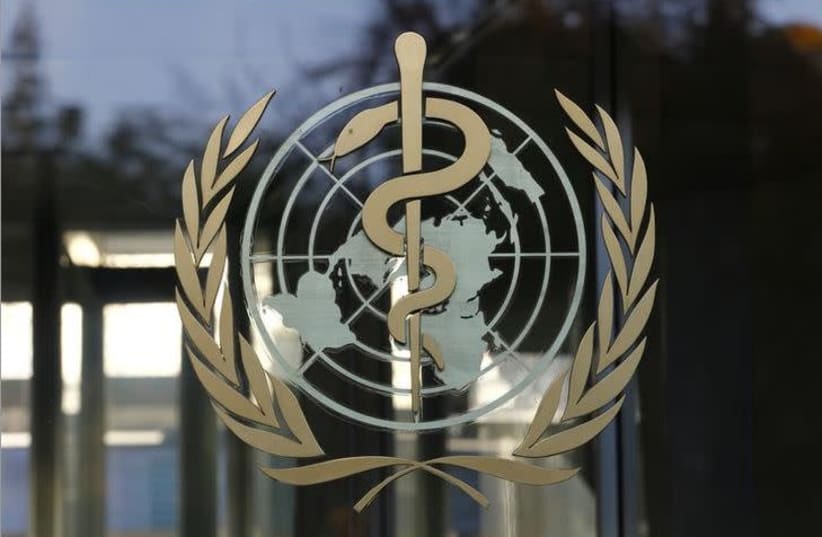The World Health Organization’s Executive Board on Monday approved for the first time an Israeli-sponsored resolution when its 34 members supported a text to protect the rights of people with disabilities.
The resolution will now be placed on the World Health Assembly’s agenda when it meets May 24-June 1. Israel is able to put forward the resolution because it is serving its first three-year term on the WHO Executive Board, which ends this year.
In proposing the resolution on Friday, Israeli Ambassador to the UN in Geneva Meirav Eilon Shahar said: “This is the first draft resolution proposed on this topic, after the adoption of the UN Convention on the Rights of Persons with Disabilities.
“As such, it follows the path of, and builds on, the same principles that the Convention had outlined: moving away from a medical approach to disabilities and adopting a comprehensive social model, which is people centered and human-rights based.”
After the WHO Executive Board voted Sunday, she tweeted: “The implementation of this resolution will bring about real change!”
“This resolution will ensure inclusiveness and make the motto of “leaving no one behind” a reality, Eilon Shahar said.
The resolution focuses on equitable rights for people with disabilities, including equal access to healthcare. It calls for a report on the matter, research and implementation of strategies for inclusion.
The following states co-sponsored the resolution: Argentina, Australia, Botswana, Brazil, Canada, Chile, Costa Rica, Ecuador, Israel, Mexico, Norway, Peru, United Kingdom of Great Britain and Northern Ireland, Uruguay and the Member States of the European Union.
